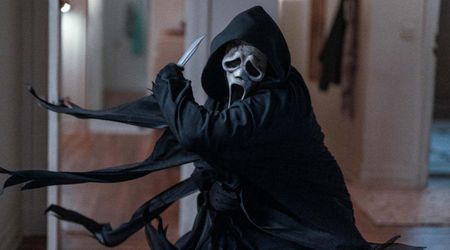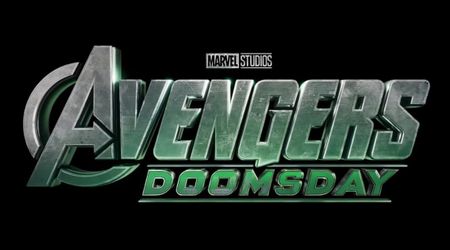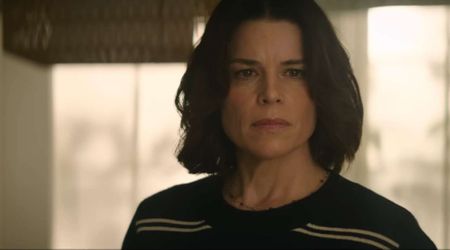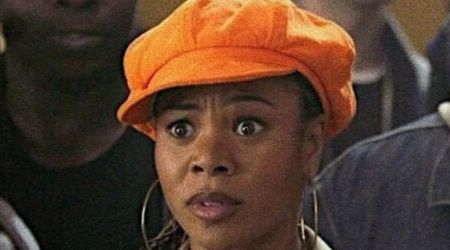Netflix 'Funny Boy': All you need to know about the language controversy around Deepa Mehta's Oscar entry

In the hearts of the Sri Lankan Tamil diaspora, most of them refugees who fled the civil war that raged till 2009, 'Funny Boy' by author Shyam Selvadurai holds a special place. It speaks to the collective trauma of the Tamil refugees forced to flee Sri Lanka after "Black July", the anti-Tamil pogroms, in July 1983, which sparked the civil war between the Sri Lankan army and the Tamil Tigers seeking a separate state. Thousands of Tamils died or fled the country.
The conflict between the majority Sinhalese and minority Tamils in the island nation is a piece of bloody history that found release in the Selvadurai novel. The book did not see a cinematic adaptation till Deepa Mehta decided to adapt it, co-writing the film's script with author Selvadurai. To be released on Netflix on December 10, distributed in the US by Ava DuVernay's ARRAY, the film was selected as Canada's Oscar contender for Best International Film -- with such glowing credentials and publicity, the film was supposed to represent a triumphant moment for the Tamil refugees to be "seen".
However, in the months leading up to the release, Mehta has been accused of "cultural erasure" by the same community it seeks to represent. The main cast (Brandon Ingram, Nimmi Harasgama, Ali Kazmi, Agam Darshi, Seema Biswas, Shivantha Wijesinha) playing Tamil characters are mostly Sinhalese (Sri Lanka’s majority population) and North Indian. In early screenings of the film, it became apparent that the actors were butchering the language.
The pushback forced Mehta to re-record some of the Tamil dialogue in sessions directed by Tamil-Canadian, Lenin M Sivam. They also dubbed over Seema Biswas with the voice of Tamil filmmaker Sumathy Balaram and coached Pakistani-Canadian actor Ali Kazmi at enunciating Tamil. However, the end result was that parts of the language still sound unnatural and stilted while other redubbed portions represent the Indian Tamil dialect rather than the Sri Lankan one.
According to Mehta, she really tried to cast Srilankan Tamils for the role but had a hard time finding Tamil actors willing to play these parts in Sri Lanka or Canada, during a year-long casting process. Some Tamil actors she had initially cast dropped out because of personal reasons or visa issues.
Mehta then decided to compromise rather than drag the casting process on forever. She has also defended herself saying that despite the non-Tamil composition of the main cast, 50 percent of all the actors in the film are Tamil and 50 percent are from Sri Lanka. One of the main actors, Nimmi Harasgama who plays "Amma", the main protagonist's mother, is also half-Tamil and half-Sinhala.
However, critics of the film feel that since the film is such a huge cultural landmark for the community, the director should have tried harder to find her actors from the huge Tamil diaspora settled in Canada where she is also a citizen -- be it by open casting calls or other means. Since the backdrop of the film is about the language conflict, the film is being seen as a second "cultural erasure" on film because it butchers the language.
There is also a sense of resentment against Sinhalese actors or North Indian actors essaying these beloved roles because of the painful history of the Indian Peace Keeping Forces in Sri Lanka and the atrocities committed by the Sinhalese authorities.
Mehta is no stranger to controversy. Her earlier films like 'Earth', about India's partition, 'Fire', about a lesbian relationship between two sisters-in-law, to 'Water', about the treatment of widows in India, has also evoked protests from hegemonic interest groups based around religion and culture. But unlike her past films, where the criticism has come from interest groups from the majority or dominant culture or religion, this time the pushback has come from the minority community. It is a legitimate concern about what could have been the Tamil version of what 'Moonlight' was for the Black, queer community.
'Funny Boy' airs on December 10 on Netflix.










